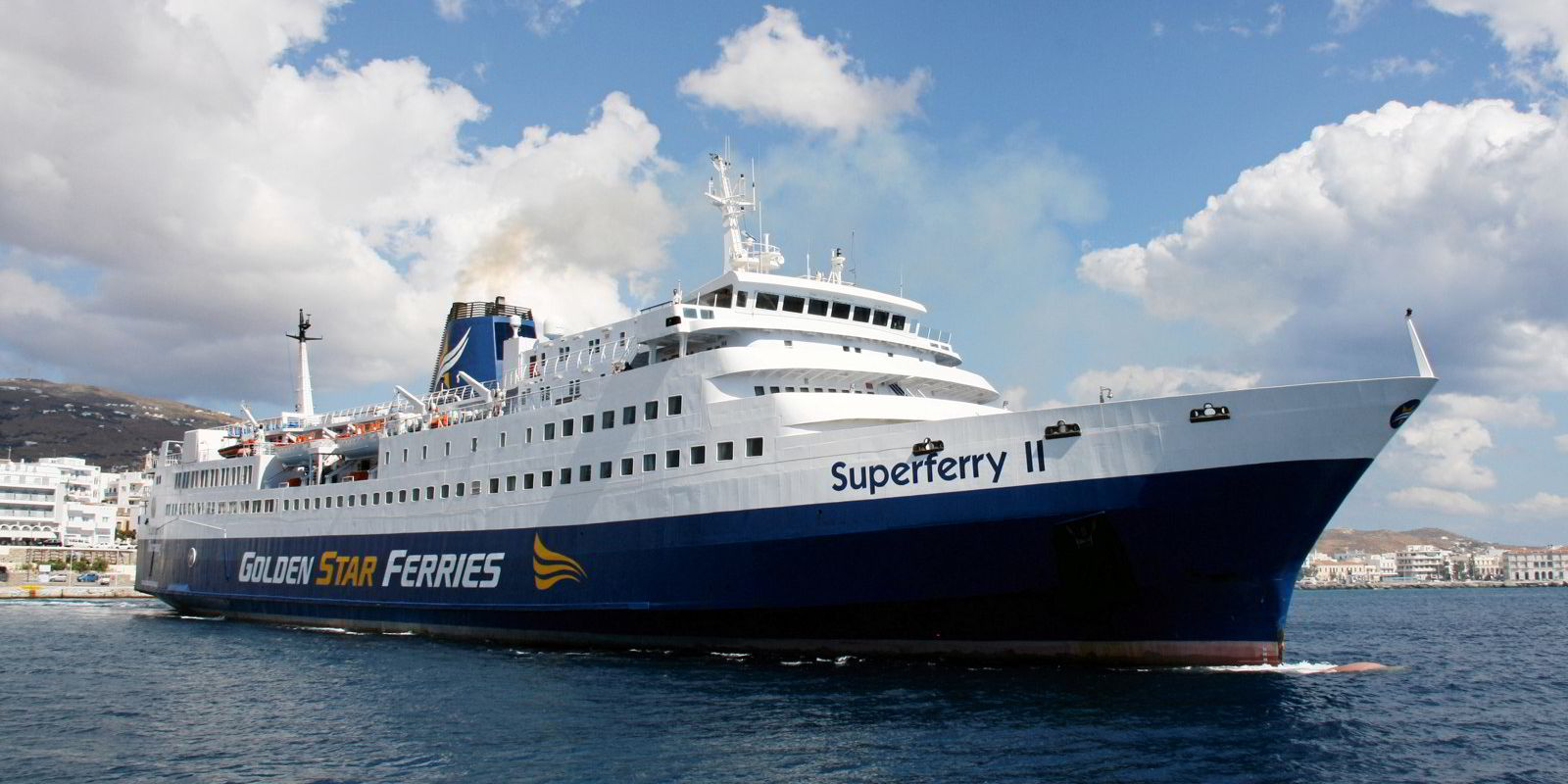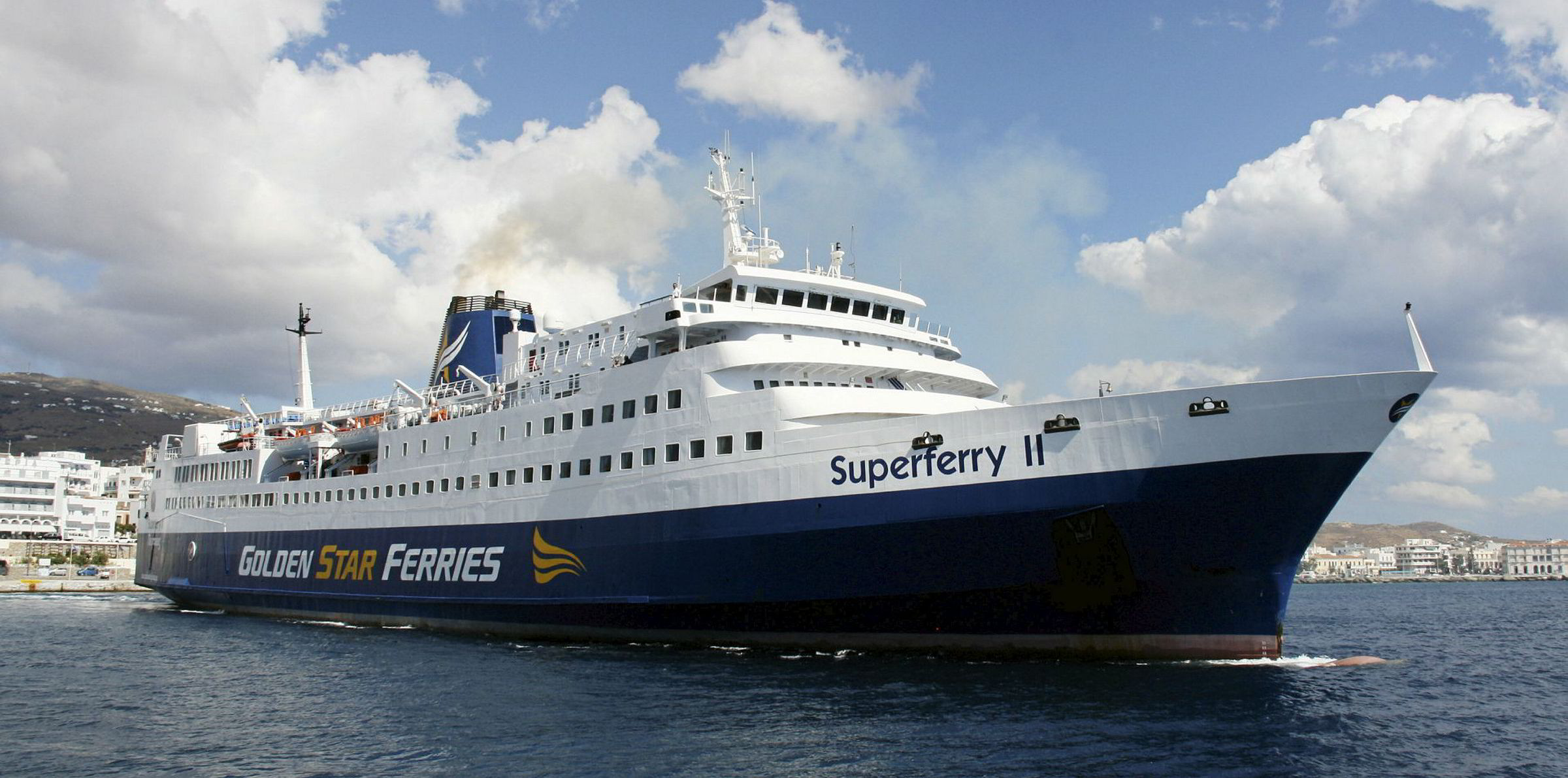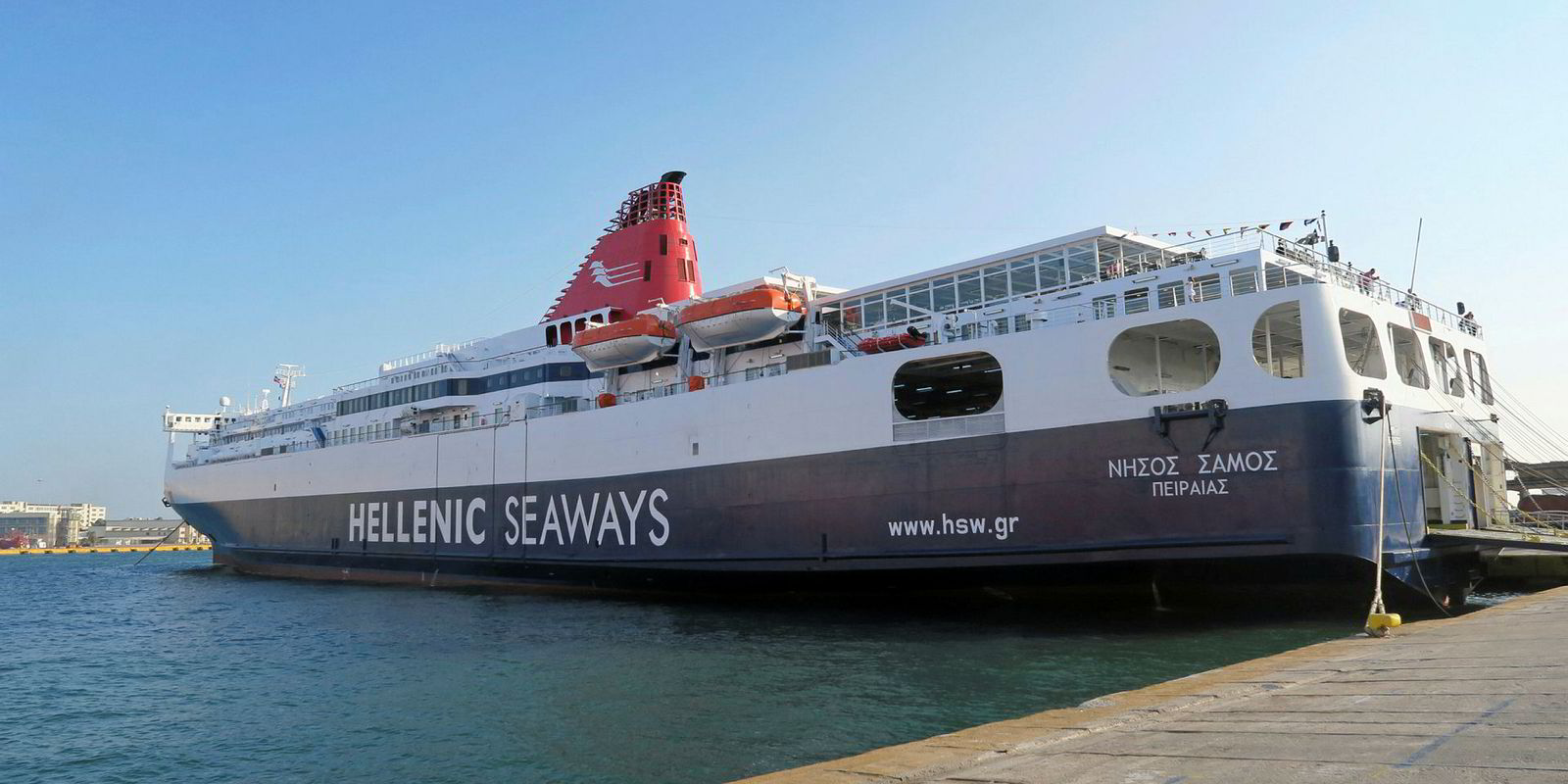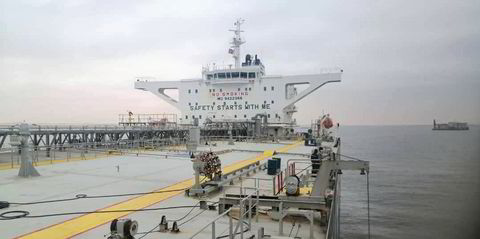On the face of it, Greece’s ferry scene has coped with the upheaval of the Covid-19 pandemic surprisingly well.
When the virus first led to lockdowns in early 2020, many feared that collapsing passenger numbers might prove the last straw for some of the more than 20 companies active in the business.
A year later, the damage is palpable.
The industry accumulated €130m ($152m) in losses last year, Piraeus-based XRTC Business Consultants estimated in its annual report on the sector released on 10 August.
“Liquidity is restricted,” said the George Xiradakis-led outfit, which has been a close observer of the industry for 20 years.
Losses indeed piled up but there were no bankruptcies and no island was left without service. The pandemic seems to have just accelerated already ongoing trends instead.
Expanding players, such as Marios Iliopoulos-controlled Seajets, have continued to grow their footprints at the expense of rivals that are increasingly betting on other shipping sectors.
A case in point is the sale of four passengerships from the Stefanou brothers’ Golden Star Ferries to Seajets, signed just a few days before the Greek government started to lift coronavirus restrictions.
Iliopoulos is a dedicated hardball player committed to the industry. The Stefanou brothers, by contrast, have been concentrating their funds and energy on oceangoing shipping, in which they’ve bought eight bulkers since early 2018, including three capesizes.
Too important to fail
There are many reasons why the ferry industry has been so resilient.
First, cargo traffic held up, providing much-needed income support.
Even when there are no tourists, ferries carry much of the fuel and food islands need. Of Greece’s 95 inhabited islands, only 25 have an airport.
Second, low fuel costs have helped contain operating expenses and shore up balance sheets. According to XRTC, demand for bunkers dropped by 40% last year as several ships idled.
The state has been the third, and maybe decisive pillar of support. Partly backed by European Union post-Covid recovery funds, the government in Athens shelled out about €30m in support to the industry, according to XRTC.

Some of that money subsidised employers’ social security contributions or compensated shipowners for continuing to service unprofitable routes.
Anxious to kickstart the tourism industry, Greece’s biggest foreign currency earner, the country’s government has also been proactive in allowing owners to resume passenger traffic again, even though at a reduced capacity.
“Coastal shipping simply can’t be allowed to fail in Greece,” said Dennis Vernardakis, head of brokerage Masters’ Shipping, who has been in the business for five decades.
Renewal required
However, surviving the pandemic does not help address the industry’s most fundamental problem — an ageing fleet.
XRTC said the share of passengerships exceeding a 30-year-limit will rise from 40% at the end of 2021 to 74% by the end of the decade.
As ships age, passenger complaints about delays or other mishaps become more frequent on social media.

“Years keep piling up on vessels’ back,” said Vernardakis.
To renew the entire fleet near 30 years — a mandatory age limit that can be extended — will require up to €3bn in investments, XRTC estimated in its report.
Spending such amounts will be especially tricky, considering the uncertainty in the shipping industry about which fuels to use in the future.
Given that young ships suitable for Greek waters are hard to find on the secondhand market, XRTC sees newbuildings as the only solution going forward.
However, according to Vernardakis, no such investment will be possible without government support, mainly in the form of soft or cheap loans from state banks.
XRTC said such newbuilding programmes may even help revive Greek shipbuilding skills, which have withered in recent decades.
Some local yards have perked up recently, helped by lower labour costs that spurred ship repair business.
In the most visible sign of renewed investor confidence in the sector, major Greek shipowner George Procopiou has agreed recently to acquire state-controlled Hellenic Shipyards — a historic facility better known as Skaramangas.
Ailing Skaramangas has focused on military orders in recent decades but has dabbled in passenger shipping before.
Ιn 1999, Greek owner Strintzis Lines ordered two ferries there, even though the order was cancelled just a few years later.
So far, Procopiou has kept observers guessing as to what his plan with Skaramangas is. Could passengerships be part of the answer?






